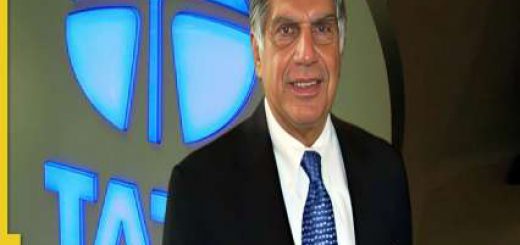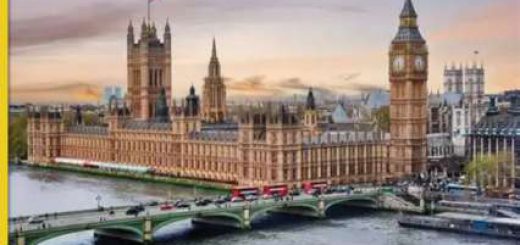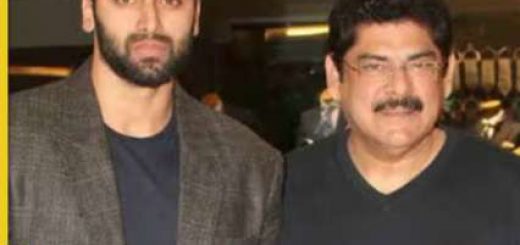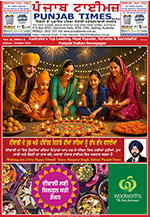From the other side
(Above) Fawad Khan as Hassan and Sanam Baloch as Bano of Waqt Ne Kiya Kya Haseen Sitam.
When Haissam Hussain finished directing Daastan, a Pakistani show about Partition, in 2010, he fell into depression for a while and also gained a lot of weight. While the show catapulted him to success; personally the emotional turmoil and the tragedy of the story weighed him down. “The brutal reality and the protagonist’s agony was so real. I decided not to make a show like that again for a long, long time,” says Hussain, over the phone from Lahore, Pakistan.
After much deliberation, the show went on air on Monday on Zindagi channel in India as Waqt Ne Kiya Kya Haseen Sitam. Adapted from Pakistani author Razia Butt’s novel titled Bano, the show is set in Ludhiana of 1947. It is the love story of Bano and Hassan in the time of Partition. “In 2009, I debuted as a telefilm director with Muthi Bhar Mitti, and I realised that period dramas are my forte, as I am very interested in history. I wanted to showcase haya or modesty in these old-school romances. Razia sahiba’s novel had all these unsaid details and my imagination ran wild,” he says.
Related
Interestingly, apart from Bano being the obvious influence behind the show, it was a ghazal by Pathanay Khan called Menda ishq vi toon that truly inspired Hussain’s vision of Daastan.“I’d listen to it over and over again in the pre-production stages of the show. There was so much pain that I wrote my storyboard while listening to it,” says Hussain.
The show was shot primarily in Lahore, with one scene in Karachi. Starring some of the brightest Pakistani actors such as Fawad Khan, Sanam Baloch, Samina Peerzada, Mehreen Raheel and Ahsan Khan, Daastan is not a mere love story.
It looks at Partition from the other side.
The politics of the time — Congress vs Muslim League — also comes to the fore. “Besides, in a conflict, men take out their anger on women. It happened in 1947 and it happens even now,” says Hussain.
He is diplomatic in talking about the rumours surrounding the content being edited out for its India viewing. “Ek aad jumla agar kisi ko offend karta hai aur woh edit kiya jaata hai, toh koi badi baat nahi hai (If a couple of lines offend someone and that has to be edited then it’s not such a big deal.) I have not been told by Zindagi that they will edit anything, but if they do, I understand,” says Hussain.
The loss of innocence, the pangs of separation, the blood and gore, as well as the distrust that the show depicts touched the right chords in Pakistan, and made Daastan an instant hit five years ago. Since then the 37-year-old has managed to create a niche for himself by directing some critically acclaimed shows, panning genres, such as Durr-e-Shehwar (which released in India as Dhoop Chhaon) and Aunn Zara. “With this fame, life only got tougher. People have very high expectations, and I am offered similar scripts repeatedly. I shot Daastan on a low budget, and with a team of eight to 10 people. Now, things are better financially,” he says.
Currently, Hussain is awaiting the release of his first feature film, titled Bin Roye Aansu, while working on the screenplay of another.
Source:: Indian Express







